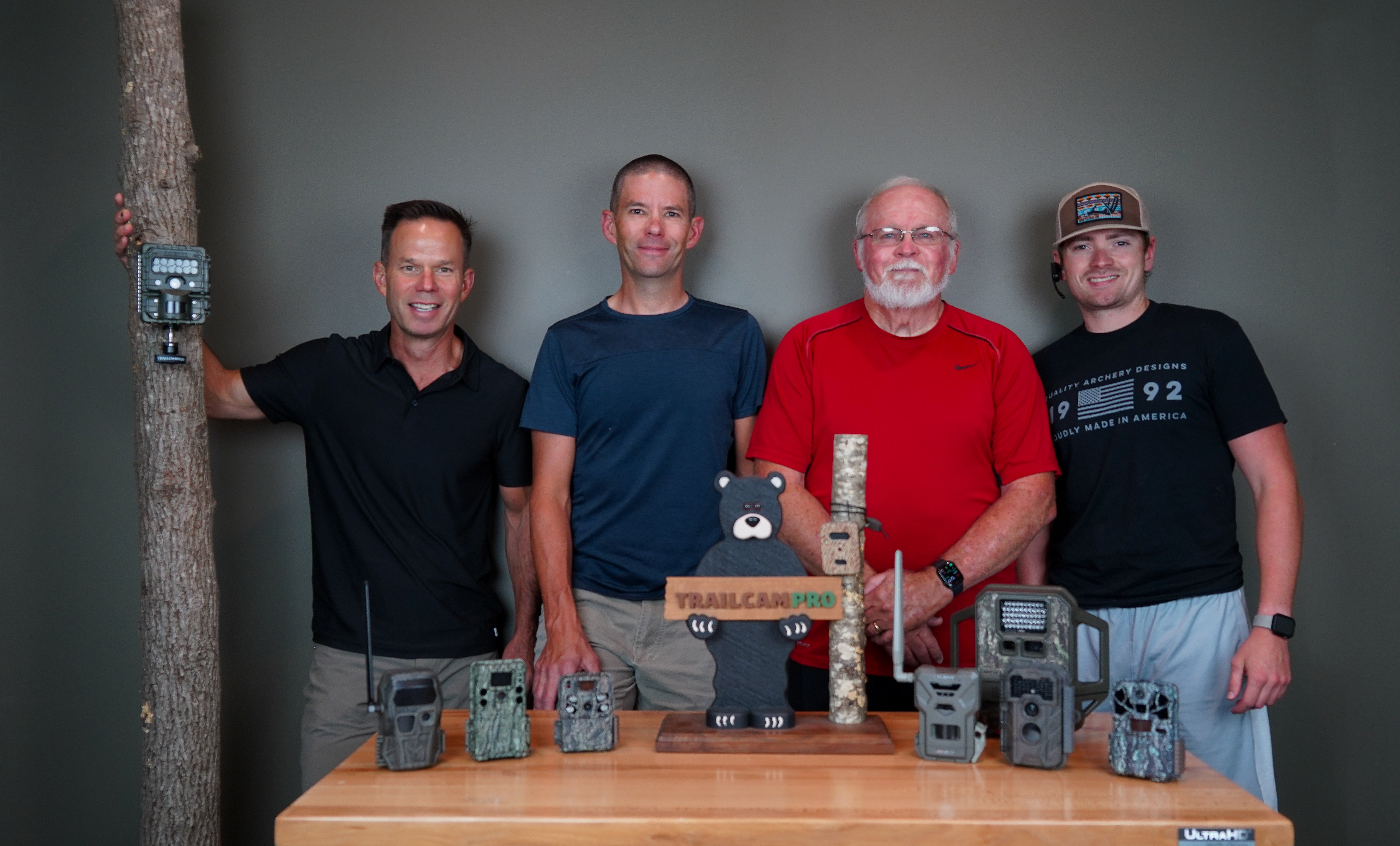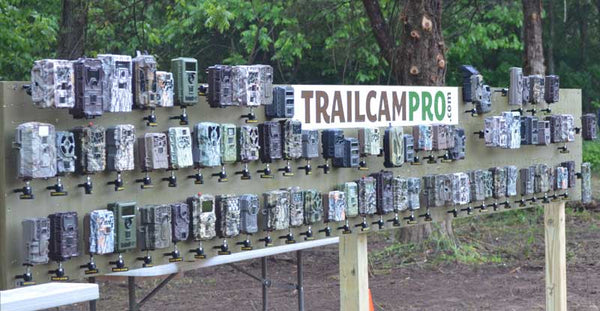Wow, this is a loaded question! There are so many factors that go into picking the best wildlife camera, how could one possibly narrow it down?
We talk to wildlife camera users every day and each phone call or email is different. The features you may want to capture pictures of whitetail deer is completely different from what a wildlife researcher studying leopards in Africa is after.
However, there are a few things that everyone needs in a wildlife camera.
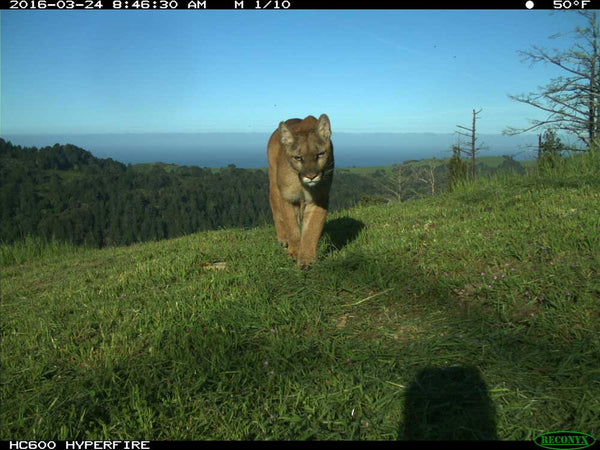
1. Wildlife Camera Detection Capabilities
First and foremost, if a camera doesn't detect animals well, what good is it?
Even now, in the year 2017, we see modern trail cameras that have trigger speeds over 2 seconds. How is that even possible when other cameras can detect motion in 0.05 seconds? This shows a lack of Research & Development in the wildlife camera manufacturing process.
2015 was the first year we started publishing video trigger speeds and we have just started to see companies work on faster video trigger speeds. This is still an area that could see tremendous improvement in 2017 trail and wildlife cameras.
Check out our Trigger Speed Showdown for more information on picture and video speeds.
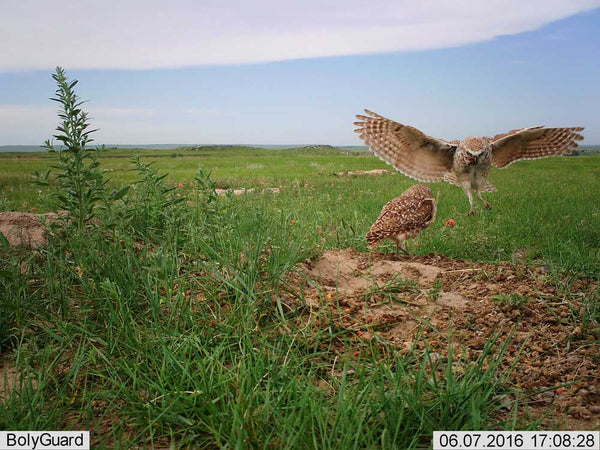
Detection range and width are also crucial to a wildlife cameras ability to capture animals. Thankfully, nearly every modern camera has a wide detection zone now but detection ranges still vary quite a bit.
Detection range can be dependent on ambient temperature, as a wildlife camera uses body heat in combination with motion in order to "trigger."
Every year, our most popular test is performed on with all the current trail cameras on the market, it is called the Trail Camera Detection Shootout. Check this out for a comprehensive guide to how the cameras perform in a side-by-side comparison.
2. Wildlife Camera Picture & Video Quality
While detection capabilities are black and white (objective), picture and video quality is quite dependent on an individual's opinion (subjective).
On every trail camera review we publish, we talk extensively about image quality. This analysis comes from seeing hundreds of thousands of trailcam pictures and many years of experience. However, everyone has different expectations of picture quality. Professional photographers very likely wouldn't be happy with a trailcam's photo. They are used to waiting for the perfect lighting, on the perfect day, and snapping the picture with a $3,000 handheld digital camera.
Wildlife cameras don't have that luxury!
So what should you expect? We believe a wildlife camera should take a clear, colorful daytime image. The less blur on moving objects the better. Night infrared pictures should be fully illuminated (side-to-side), with minimal blurring, good contrast, and strong flash range.
A great night picture is much harder to attain than a great day image. Infrared is a fickle beast and this is a lot to ask when the median price of a good wildlife camera is $150.
The best and only way to judge picture and video quality are from sample images from the camera. All our wildlife camera reviews include both pictures and videos - so even if you don't agree with our rating, you can see what kind of quality to expect.
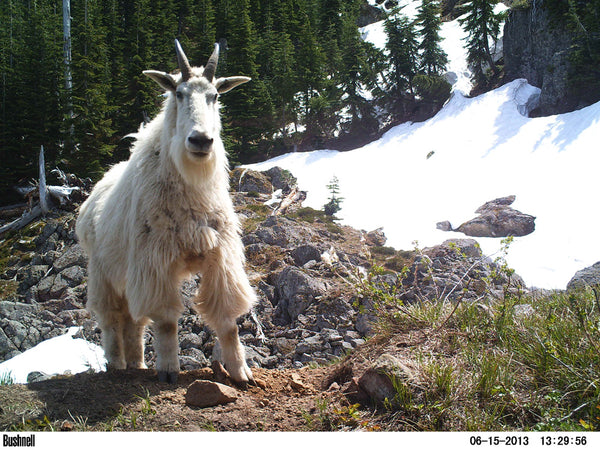
3. Wildlife Camera Battery Life
We talk about this a lot on our website and on the phone. Battery life is crucial as it is the only ongoing expense with your cameras.
Long battery life results from a combination of low resting power, day power consumption, and night power consumption. As you can imagine, battery life is also a direct result of how many pictures or videos your camera takes per day.
One thing remains constant - do NOT use alkaline batteries. Use Lithium or Nimh batteries in all your wildlife cameras.
2017 Wildlife Cameras
There are a ton of other features to consider, but that can wait for another day. These are the mainstays and you can find these on any wildlife camera review on our website.
As always, if you have additional or more in-depth questions, feel free to call us (1-800-791-0660) or email info@trailcampro.com.
